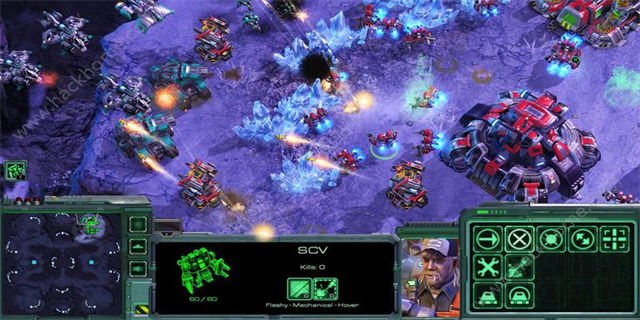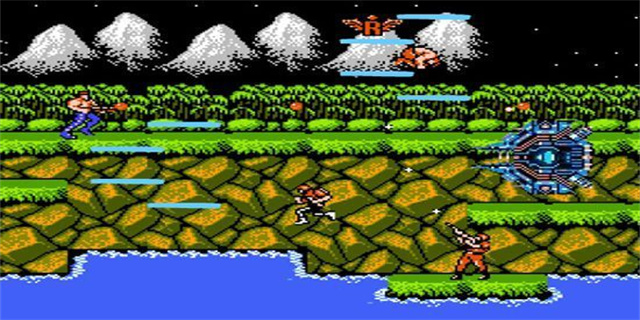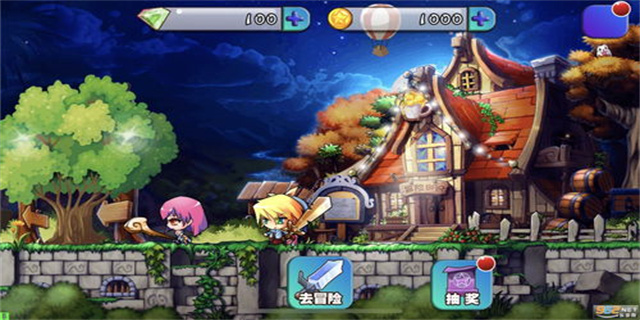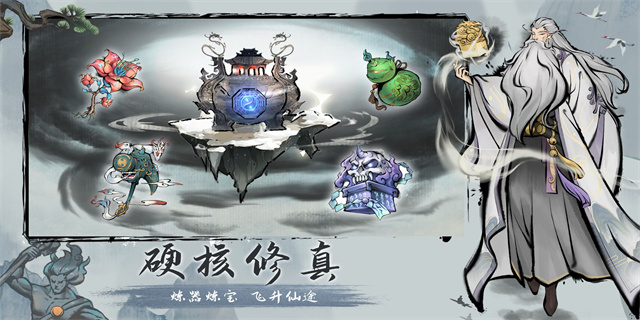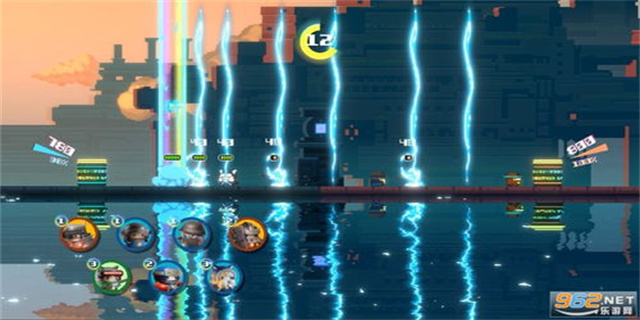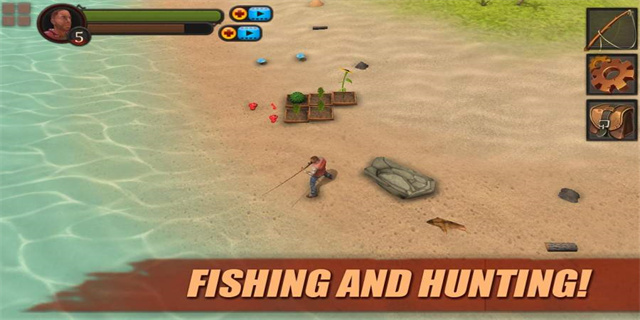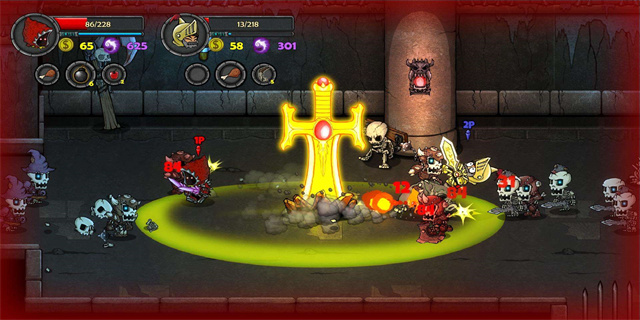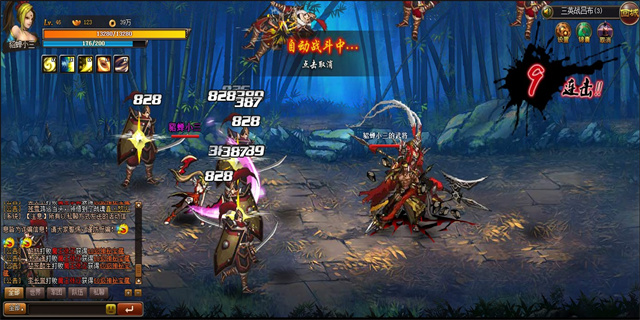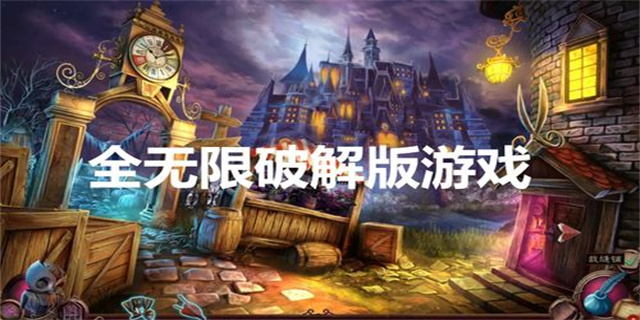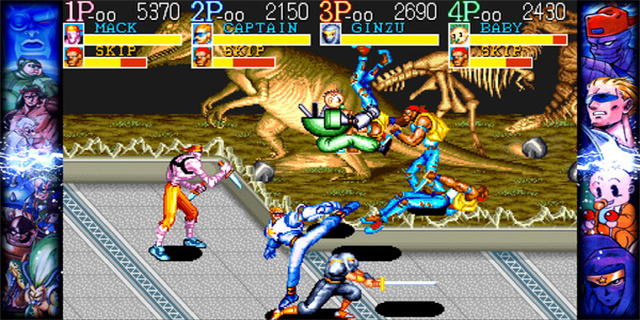scrabble(Scrabble Expanding Your Vocabulary through the Art of Wordplay)
Scrabble: Expanding Your Vocabulary through the Art of Wordplay
Introduction
The game of Scrabble has been captivating both young and old for decades. It is a classic word game that challenges players to create words using a limited set of letter tiles. With its strategic gameplay and emphasis on vocabulary, Scrabble not only provides entertainment but also serves as a valuable educational tool. In this article, we will dive into the world of Scrabble, exploring its history, rules, and the benefits it offers in expanding one's vocabulary.
The Origins of Scrabble

Scrabble was invented by Alfred Mosher Butts, an unemployed architect during the Great Depression. Inspired by crossword puzzles, Butts set out to create a game that combines language skills and strategy. He spent several years analyzing letter frequency and word lengths, ultimately developing the tile distribution and scoring system that is still used today. In 1948, he sold the rights to James Brunot, who refined the design and trademarked the game under the name \"Scrabble.\"
The Rules of Scrabble
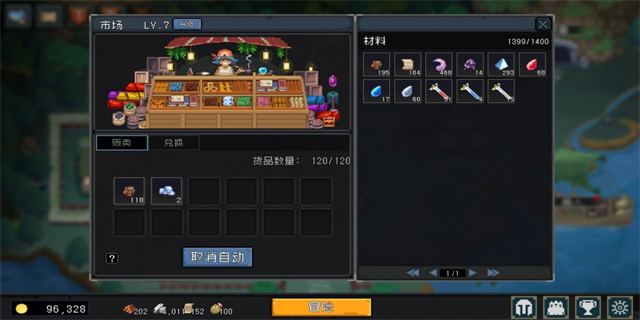
Scrabble is played on a square board divided into a 15x15 grid. Each player starts with a set of letter tiles, and the goal is to form words in a crossword-like fashion, both vertically and horizontally. The game begins with a player placing their word on the star in the center of the board. From there, each player takes turns building words, strategically utilizing the bonus squares for double or triple letter and word scores. The game ends when all tiles are used, or when no more words can be formed.
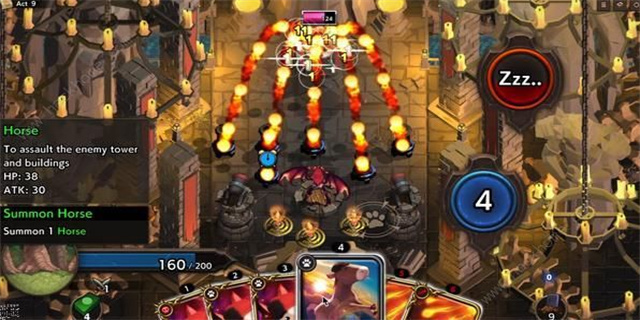
The Benefits of Playing Scrabble
1. Vocabulary Expansion: Scrabble is an excellent tool for learning and expanding one's vocabulary. As players race to create words, they are exposed to new and unfamiliar word combinations. Constant exposure to a wide range of words helps enhance language skills and enables players to express themselves more effectively in both spoken and written communication.
2. Strategic Thinking: Scrabble requires strategic planning and decision-making. Players must consider both the letters they have and the potential words they can form with them. They need to weigh their options, deciding whether to play a high-scoring word or block their opponent's move. This analytical thinking helps develop problem-solving skills and enhances the ability to make logical decisions.
3. Mental Stimulation: Scrabble is a mentally stimulating game that exercises various cognitive skills. From searching for possible word combinations to calculating scores and maximizing points, players engage in critical thinking throughout the game. This mental workout can improve memory, concentration, and overall cognitive function.
4. Social Interaction: Scrabble is not just a solitary game; it encourages social interaction and friendly competition. Players can engage in lively discussions about the validity of words, contribute to a collaborative game, or challenge each other's knowledge. This social aspect promotes teamwork, communication, and fosters a sense of camaraderie among players.
Conclusion
Scrabble is more than just a game; it is an educational experience that promotes vocabulary expansion, strategic thinking, mental stimulation, and social interaction. As players manipulate letter tiles and search for the perfect word combination, they embark on a journey of linguistic discovery. So, whether you are a word enthusiast, a language lover, or simply seeking a fun way to challenge your mind, Scrabble is the perfect game for you!
Scrabble: Expanding Your Vocabulary through the Art of Wordp
2024-08-16
